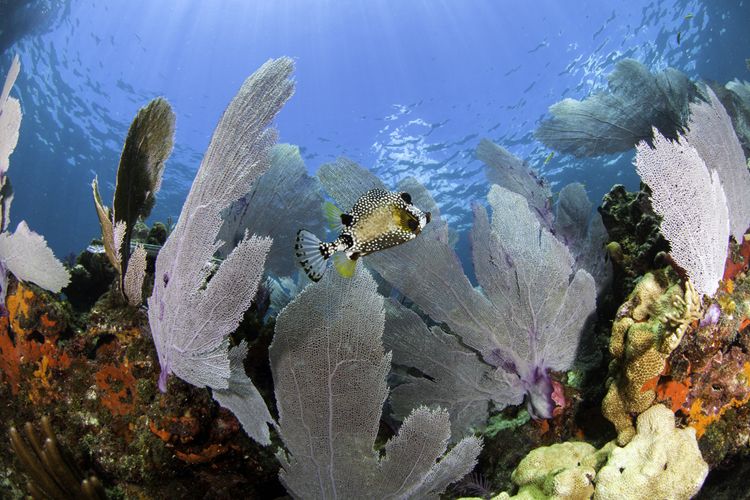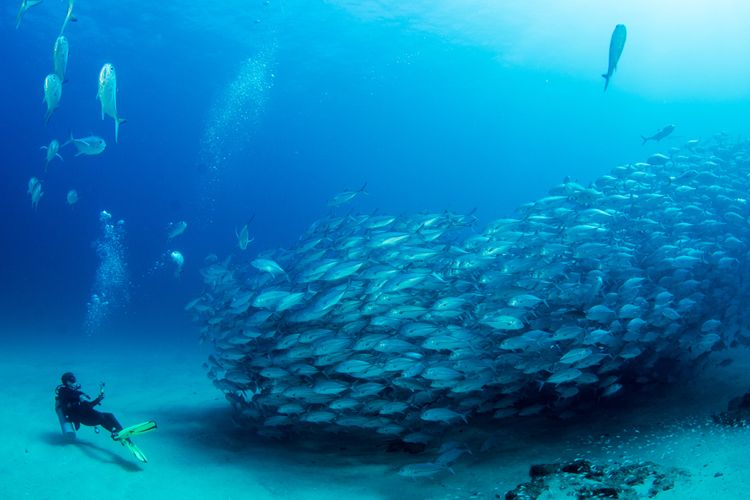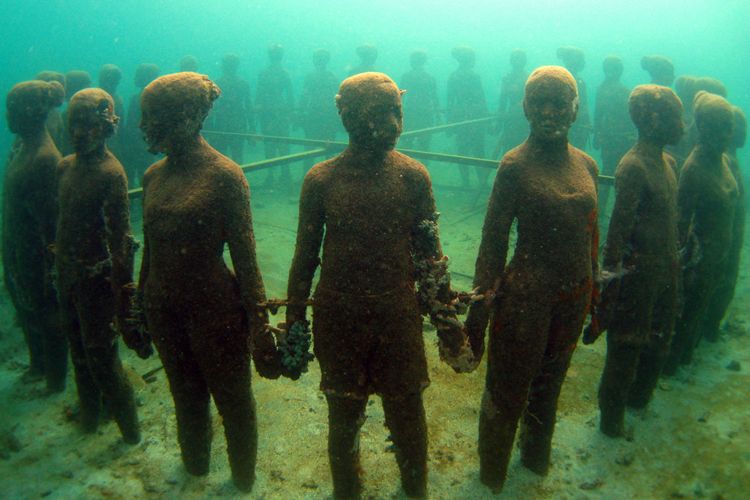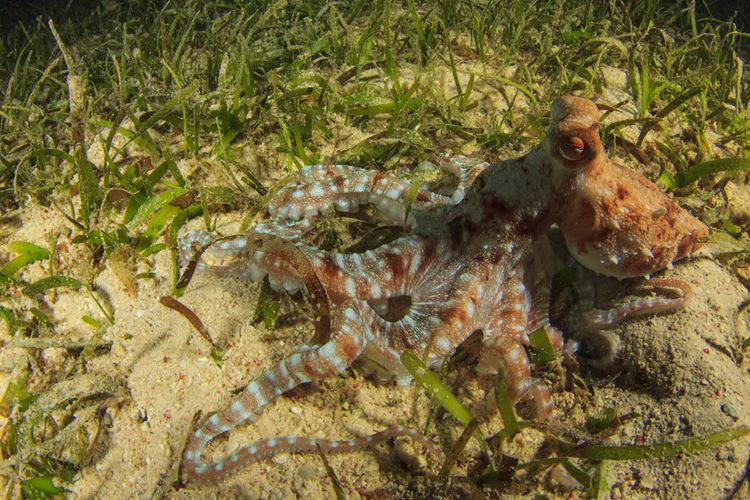
By DIVE Staff
The most common question divers get asked is where should I learn to dive? Well, there are thousands of excellent dive schools and centres around the world – virtually everywhere that offers diving will also be willing to teach you. Go for a centre that is part of one of the big international training agencies such as PADI or SSI and in four or five days you can be a fully certified open water diver. Of course you can start your training at home and do all the classroom work and pool sessions before you fly, but it is quick and easy to learn in most resorts and here are a selection of some of the most popular.
FLORIDA

More people have probably learned to dive in Florida than anywhere else in the world over the years. There is a slick, professional industry that can process students from the classroom to pool and then to open water with the minimum of fuss. Not cheap but you more than makeup for that with the wide choice of dive schools, the high standard of tuition and the very rigorous safety standards.
MEXICO
Perfect for the holidaymaker who wants to learn. Avoid the dodgy bargain basement offers and check out the school’s credentials and references. A quick browse of their website should tell you all you need to know. Remember you get what you pay for and these are life-threatening as well as life-enhancing skills.

AUSTRALIA
When people talk about scuba diving, Australia’s Great Barrier Reef is the first destination that comes to mind. The reefs are pristine and host some of the most diverse and abundant marine life in the world. Sea turtles and reefs sharks are almost guaranteed on every dive, the water temperature is pleasant and the diving at a lot of sites fairly easy. The only downside to getting certified here is the price tag – an open water certificate can cost almost twice as much as in Thailand.

EGYPT
The Red Sea remains one of the world’s best and most popular dive destinations and offers a variety of diving experiences – deep and shallow sites, wrecks, reef, caverns and overhangs, critters and pelagic sharks. Professional dives centres and experienced staff ensure open water divers get the best learning experience. Considering the quality of diving, Egypt offers great value for money. And the reefs are quieter now than they have been for a generation. Pick one of the big, reputable schools with a proven track record. Check out SUBEX, which has centres in Sharm, Hurghada, Sahl Hasheesh and El Quseir – this Swiss group teaches a version of the CMAS entry level under the brand of Art of Diving – very thorough, small groups (four max) and with an emphasis on learning skills in the ocean.

GRENADA
The islands of Grenada arguably offer the best coral reef diving in the Caribbean. The Caribbean is protected from currents and the sea tends to be calm. A lot of beautiful dive sites lie in shallow waters which makes it a great spot for open water student to obtain their qualification. Prices for open water courses range in the midfield.

MALTA

One of the best places to learn to dive in Europe. Well established schools with first-rate instructors. Most of the diving is from the shore and the underwater topography can be thrilling.
THAILAND
Beautiful coral reefs, year-round water temperatures of 28-30°C and the low cost put Thailand at the top of the list of destinations to get certified for backpackers and tourists on a budget. But be wary of dodgy dive operators. Stories of dive centres who are cutting corners when it comes to safety and providing essential dive skills are becoming more frequent. Go for PADI 5 Star centres or the like.



